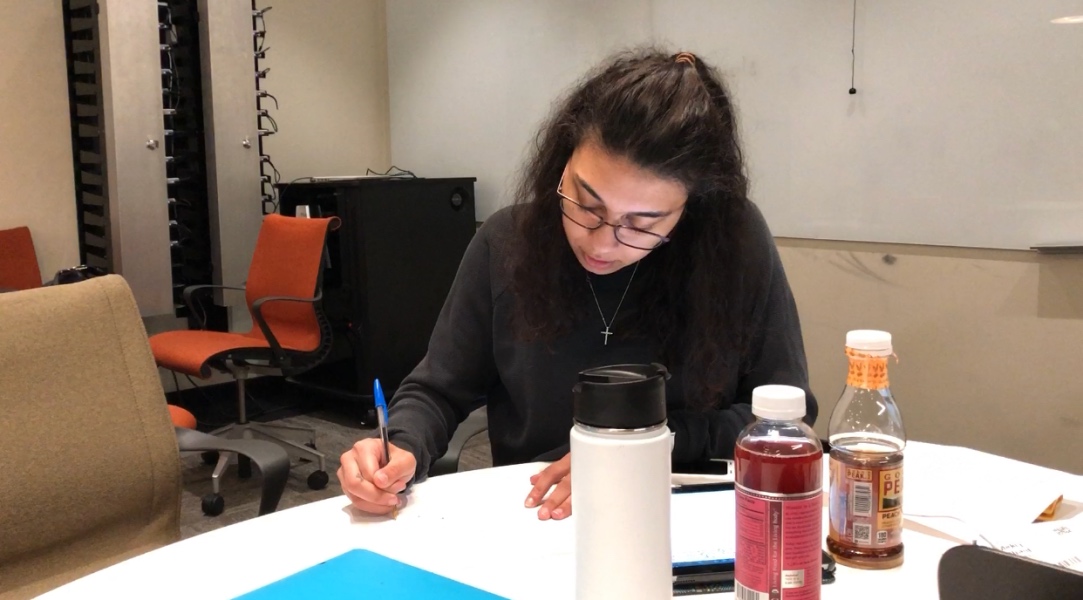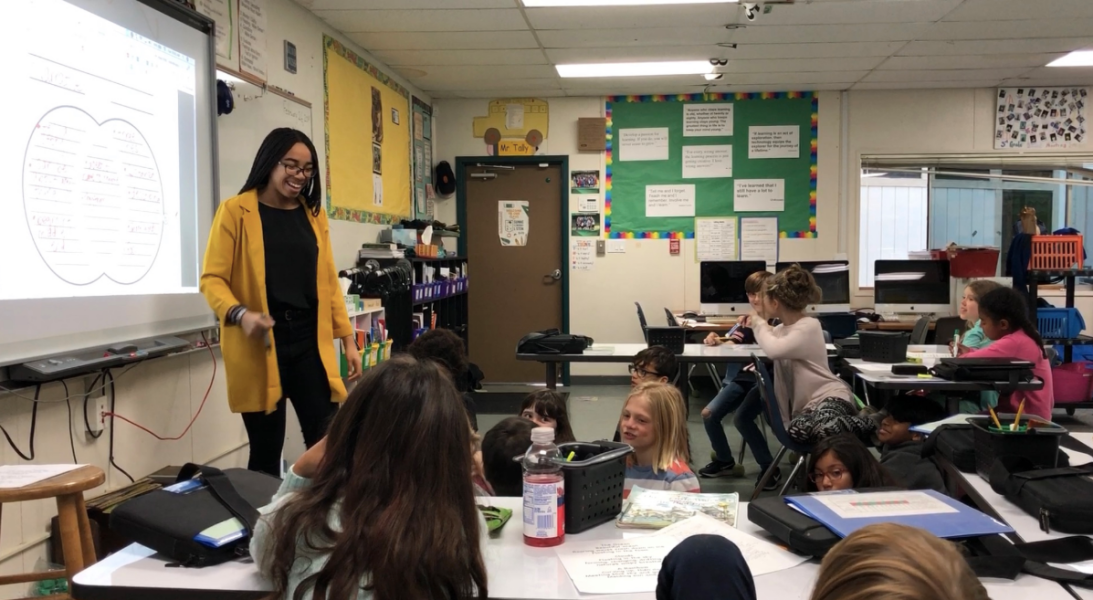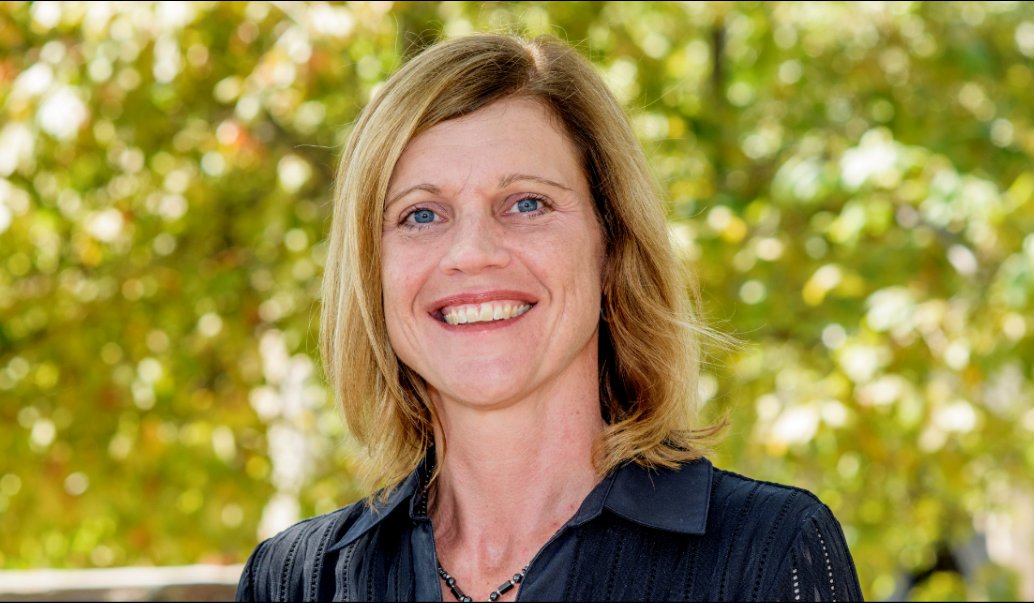
It’s Wednesday at 6 p.m. on Feb. 20 and Brooke Tolson, senior liberal arts major, cannot decide if she wants to drive to campus for the Black Student Association Talent Showcase or just relax at her apartment in Woodland Hills.
“Is driving to campus worth the activity?” Tolson asked herself.
Such dilemmas are common for students who live off campus. Off-campus students said they love the freedom and the more real-life living situation than campus housing but they also find it more difficult to stay in tune with the Pepperdine culture.
Students who live on campus do not have to commute or worry about parking. They said they love being connected with the campus community and having easily accessible places to study.
“I think it’s very important to have both experiences because you don’t really value living on campus until you’re off campus,” said Carolina Borjas, junior international studies major. “You have a lot of things that for sure I took for granted when I lived here on campus but it’s also very important to decide what kind of person you are.”
Pepperdine’s goal for on-campus housing is to accommodate 75 percent of students so that some students are no longer forced to live off campus. Poll data and interviews show that students who live on campus are more connected to campus life, while students who live off campus are more prepared for life after college.
Pepperdine encourages students to stay on campus
It is required that all first year and second-year students live on campus.
“It is very common nationwide that there’s a first and second year, live-on requirement and that is rooted in research data,” Housing Operations Director Robin Gore said. “It’s proven that first year and second-year students do better. They retain to the university at a higher retention rate, they do better with their GPA, they’re more involved and connected and they have a higher sense of belonging in the university when they live on campus.”
Specifically at Pepperdine, Gore said many people want there to be a junior live-on requirement because it’s like having three freshmen years for those coming back from the abroad programs.
“Pepperdine is trying to become a residential campus where 75 percent of students do live on campus,” said Doug Hurley, associate dean of Student Affairs.
For 2018-2019, 67 percent of Seaver undergraduates benefited from living in the Pepperdine community (including international programs), Gore wrote in an email.
“The reason that we haven’t hit 75 percent is two fold: one is number of juniors and seniors who want to live on campus and two is the number of available bed spaces,” Gore wrote.
It’s difficult to get affordable housing in Malibu because it’s a very high real estate market Gore said.
“Our office has to do a comparative study every year to know what to set our rates at so that we’re not way overpriced or way underpriced,” Gore said.
Disconnection from campus affects student involvement
Students who live off campus have to be very intentional when it comes to planning.
“I find that students [who live off campus] really make decisions on what time they do have and what time they want to use to invest in certain things like work, school and internships,” said Allison Green, assistant director of Student Activities.
Oftentimes, students who live off campus have to manage their time more efficiently because additional factors such as travel time come into play.
“After living off campus, I’ve found that I’m only involved in the things I want to be very intentional about being involved in,” said Kathryn Semple, senior theatre and music contract major with a computer science minor. “I don’t know about the random dinners that happen in the caf or see the tabling in the plaza because I don’t have a reason to go that way and all my classes are in one building.”
Many students said living off campus has helped them separate school from home.
Senior economics major Benjamin Howard said it’s hard to stay connected with the pulse of the campus and off-campus students start to loose a little bit of their college experience.
When living off campus, students also have to weigh the worth of driving back to campus for an event.
A Pepp Post poll of 65 students found that of 22 students who live off campus, 17 students do not participate in some events because they do not find the drive back to campus worth it.
“I really have to think about if the event is worth it,” Borjas said. “But for example if it’s like a convocation event that’s interesting then I’ll probably drive and it wouldn’t be a problem. But if not, then I probably won’t come to campus.”

Tolson said she’s now full-time student teaching, so if she’s not on campus, she’s not even coming close to campus.
“Depending on traffic I have to drive 20 to 30 minutes to get to campus and let’s say an event is only an hour,” Tolson said. “Sometimes I have to sit there and think to myself, ‘OK, is it worth driving an hour to be on campus for an hour?’”
Off-campus students have more factors to consider if they return to campus for a second time throughout the day.
“If I’m not here, and I don’t have like a very very good reason to come to campus, I don’t come,” junior communication major Brooke Barry said.
Finding study space
Off-campus students have to be very intentional when it comes to when and where they’re studying.
“It makes you more aware of time management because you can’t just say I’m going to go take a 15-minute nap in my dorm and then come back,” said Garen Kosoyan, senior political science and economics major. “You have to be a lot more organized because now you have a commute in the way. In terms of organization, it definitely shaped me as a student and being more appreciative of campus life as well.”
When it comes to studying, most off-campus students utilize space on and off campus.
Raymond Mora, senior economics and political science major, said he takes advantage of his Student Government Association office on campus for studying as well as his apartment off campus because his roomates are never home.
“I think you can give it your all whether you live on campus or off campus,” Mora said.
Emily Bragaw-Butler, senior political science major, said living off campus has helped her focus on school work because her time on campus is only spent studying and she doesn’t feel compelled to go take a nap.
Semple said she also utilizes her dressing room space in the theatre department or her desk in her apartment to study.
“As [computer science] classes got harder, because I’m so involved in other things and because I live off campus, I definitely missed out on a lot of the group studying that would happen because I didn’t know people in the classes as well and I couldn’t commit the time outside of when we were just in class,” Semple said.
Realities of living on campus
Danielle Douglas-Gabriel wrote in a September 2015 Washington Post article that some colleges across the nation argue that living on campus is very important for students because they can fully participate in school activities while getting academic support and being immersed in the school’s culture.
“Alumni mainly remember their in-residence memories and on-campus memories,” Gore said.
Many students agree that living on campus during their freshman year allowed really close friendships to start from the beginning.
“Living on campus has shaped the way that I understand our student body and can think through the best ways to be a leader or to be involved on campus,” senior psychology major Asa Bailey said.
Gore said Pepperdine is designed so that staff and faculty who do live on campus can make connections with students. If students can connect with faculty, they do much better.
Bailey said it’s easier for her to be aware of events taking place on campus because she rarely spends time off campus.
“I try to do as much as I can when things are happening on campus,” Bailey said.
Although living on campus can be easier for on-campus activities, it can be difficult for other things.
“One of the main cons to living on campus all four years is that now as a senior I don’t have a line of credit or any step into the real world,” Bailey said. “So I’m not sure how much that will affect me next year.”
Realities of living off campus
Students who live off campus are able to have a lot of freedom that they do not get on campus and experience what life will be like after college.
“It’s been a natural growth to live off campus eventually,” Howard said. “You go through the progression of the freshmen dorms where everything is so under control and in a tight-knit community, and then you actually expand into being an actual adult and the life after college. It’s kind of cool transition to be able to go, ‘OK, I’m gonna take baby steps into the adult life and the working life while still being connected to campus.’”
On the other hand, some feel that students who live off campus are forced to make more adult decisions.
“Students disadvantage themselves when they choose to live off campus, and I get the whole, ‘I want more freedom, I want more liberties, I want to do what I want, I don’t want to follow the rules and policies and all of that, I want to cook for myself,’” Gore said. “You have your whole life to cook and that gets old. You only have four years to be a college student — four years and it goes so fast.”
However, students have also experienced how living off campus makes one more independent.
“Living off campus, one, grows you as a more independent student and two, there’s a lot more ways you can connect with other people,” Kosoyan said.
Brianna Willis completed the reporting for this story under the supervision of Dr. Christina Littlefield and Dr. Theresa de los Santos in Jour 241 in Spring 2019. Dr. Littlefield supervised the web story.



